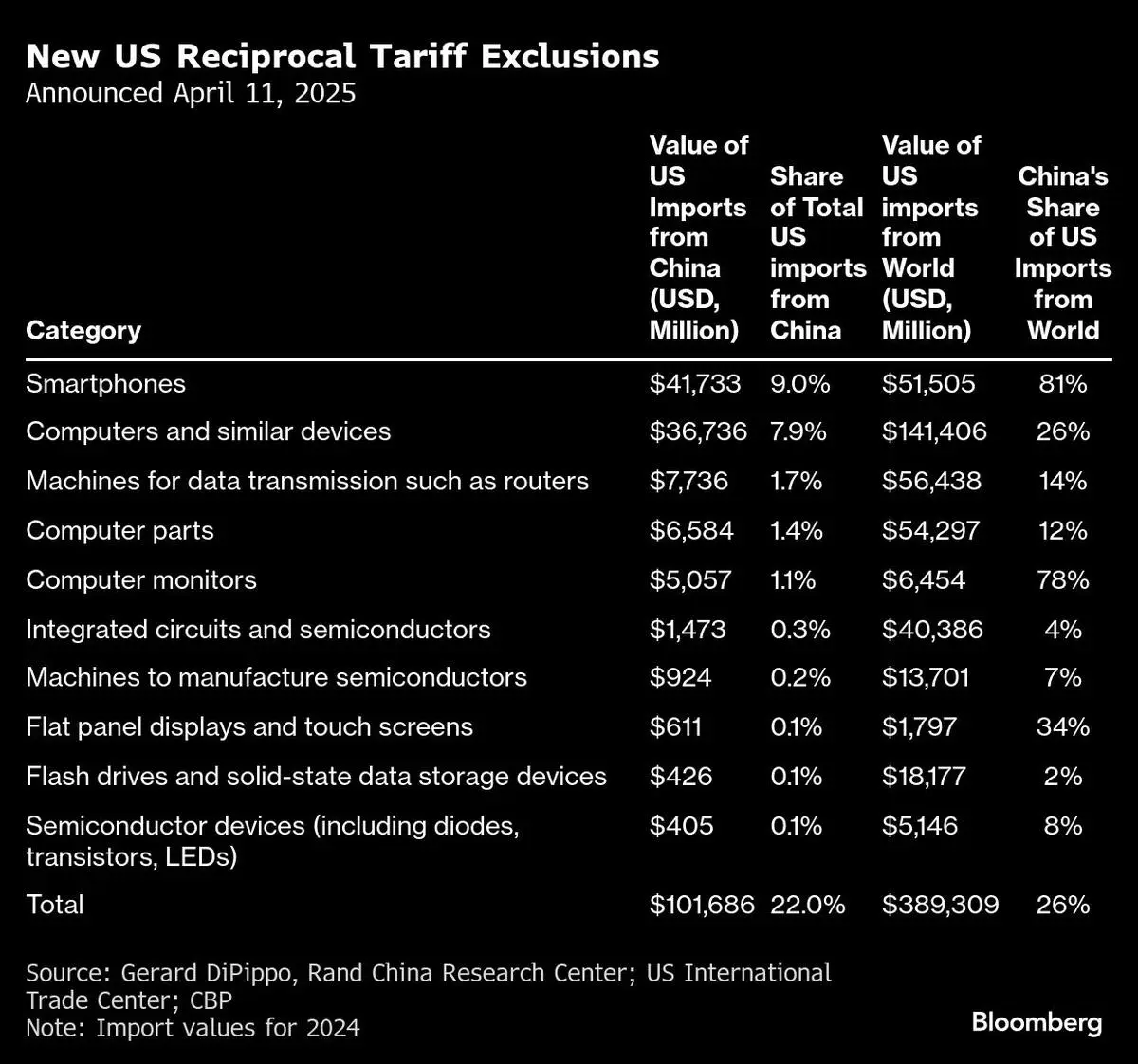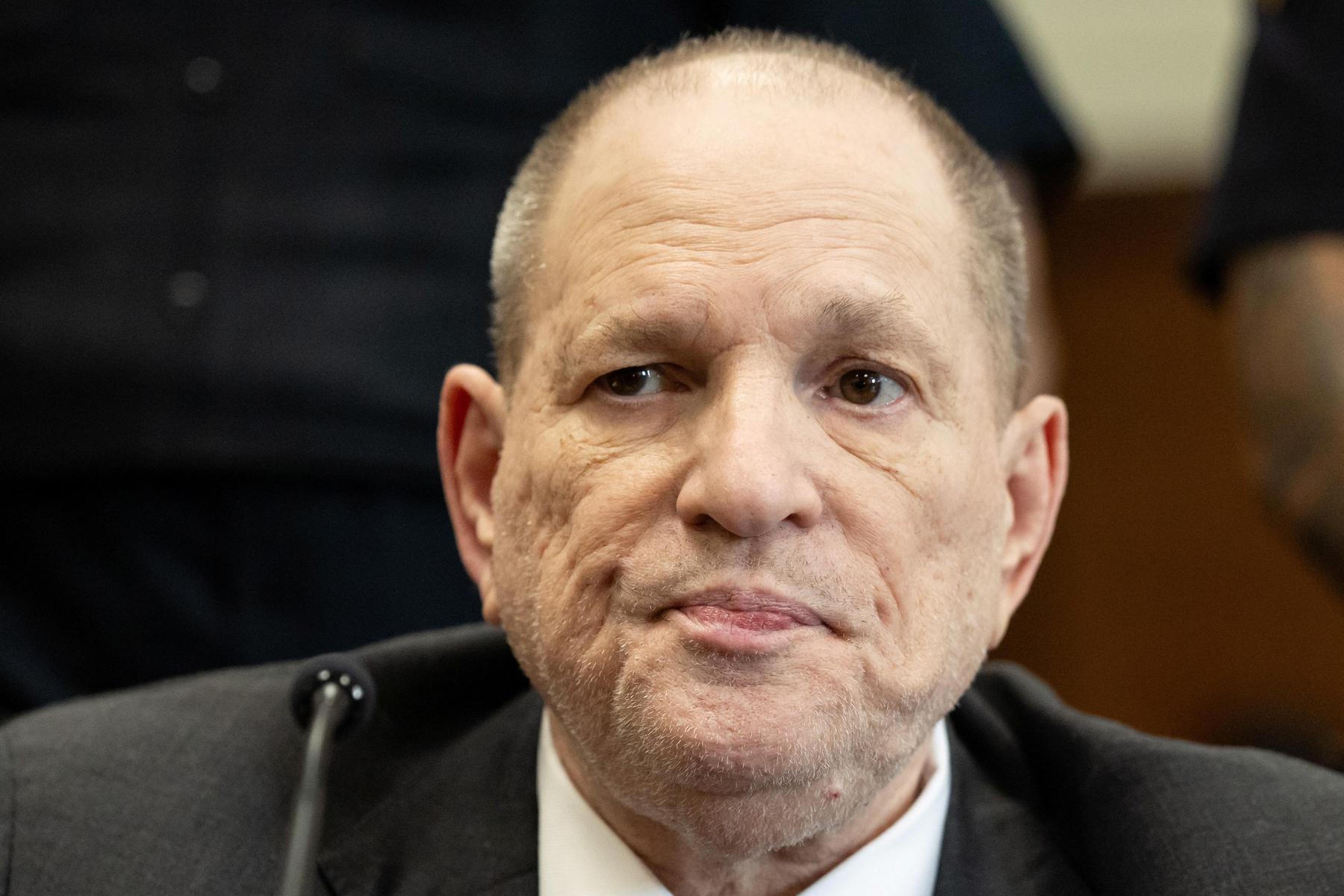Another customs volte that makes it easier-diepresse.com

The US President has decided not to prove smartphones from China with import duties. However, his Minister of Commerce later spoke of separate tariffs.
For most, this knowledge should not be a surprise: that tariffs are not necessarily the best means to achieve positive effects for the domestic economy. This now also has the world trade organization WTO confirmed. Chief economist Ralph Ossa wrote in a blog entry: Customs could favor domestic branches of industry that compete with imported goods. However, this withdraw workers and capital from the exporting sector. In addition, the expansion of national branches of industry are driving up, which increases the costs for companies with a lot of foreign business, which suffers their competitiveness.
His customs conclusion: The « short-term attractiveness can disguise long-term costs in relation to inflation, competitiveness and international cooperation ».
« /> Which product groups are affected. Bloomberg
Temporary breath for tech giants
This is also why Donald Trump has another turn in the customs conflict. The previous week he increased the tariffs to Chinese imports, which now amount to 145 percent. But now on April 5, there should be exceptions for smartphones, computers and other mostly imported electronics items from China. The tariffs also exclude imports from Taiwan and India that fall into these categories. At the weekend, Beijing said that it checked the effects of the exceptions and described Trump’s procedure as the « small step of the United States to correct her wrong practice of unilateral, mutual tariffs ». However, Minister of Trade said Howard Lutnick On Sunday to ABC that smartphones, computers and some other electronic devices are subject to separate tariffs together with semiconductors. These may be imposed in about a month, said Lutnick.
Analyst Dan Ives from Wedbush Securities described Trump’s announcement (since Lutnick had not yet said) as « the most household news that we were able to receive this weekend ». “Big tech companies like Apple,, Nvidia,, Microsoft And the entire technology industry can breathe a sigh of relief. » But IVES also warns of caution: « In front of us there is still uncertainty and volatility in view of the negotiations with China. »
According to the US statistics authority, smartphones in 2024 were the most important US importware from China with a value of $ 41.7 billion, while laptops manufactured in China were in second place with $ 33.1 billion. The bottom line is that the exceptions were in the volume of $ 390 billion, $ 101 billion from the People’s Republic, as it says from the Rand China Research Center.
No separation from China
A lot was particularly at stake for the iPhone manufacturer Apple. The company sells a third of its approximately 220 million smartphones in the United States every year, which also make up more than half of the group sales. 87 percent of iPhones are estimated by Morgan Stanley According to manufactured in China, as well as one of five iPads and 60 percent of the Mac computers. The next iPhone 17 is also produced primarily in the People’s Republic.
A complete separation from China, which has been the Apple production center for a long time, would have been unlikely. Even though Trump has pushed Apple to produce iPhones in the United States. In the absence of local engineers and production talents, this would have been an almost impossible undertaking. In addition, due to its size and scope, the systems in China are considered unsurpassed in terms of speed and efficiency.
Nevertheless, Apple has been trying to reduce its dependencies on China for some time, which is why it increased its production in India by almost 60 percent last year. The government of Premier also wants Narendra modes With financial incentives, try to expand the production of electronics components on the Indian market. 2022 estimated BloombergThat it would take eight years before Apple could shift ten percent of its production capacities from China. In any case, the tech giant has agreed to invest $ 500 billion in the USA over the next four years. The stock market course will probably not hurt. Just as little as Trump’s customs voltage. (AG/NST)







